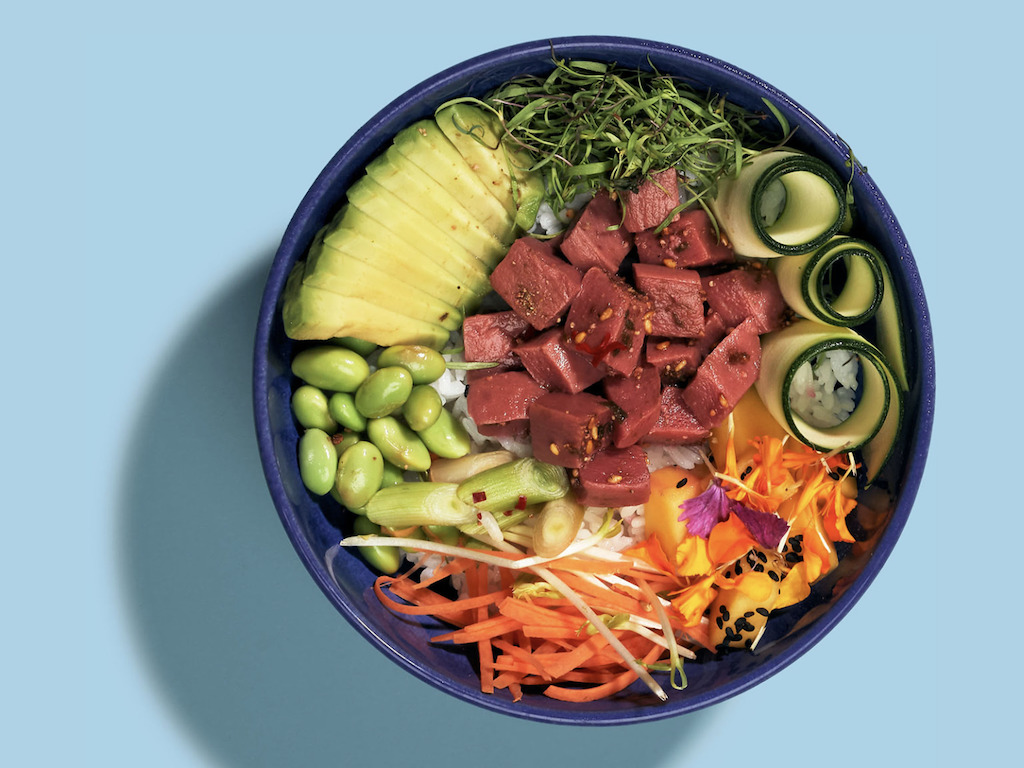9 Mins Read
A new Alternative Proteins Summit hosted by Future Food-Tech is set to take place virtually on June 22-23 this year, showcasing some of the most innovative solutions to solve our unsustainable global food system. The organisers at Rethink Events have “scoured the globe” in search of the trailblazers across the plant-based, fermentation and cell-based sectors, and have put together an impressive list of 21 startups from around the world to join the upcoming summit. Below, we hear from the leaders behind these startups and the disruptive solutions they plan to bring to the table.
Read more about the event: Alt protein industry to unite for the ‘crucial conversations we need’ in new Future Food-Tech Summit
Aqua Cultured Foods
U.S. startup Aqua Cultured Foods has created what it claims is the world’s first whole-cut seafood analogue using microbial fermentation technology.
“What makes this so exciting is that our proprietary strain of fungi is grown and not processed. Allowing it to have superior nutrition to other plant-based alternatives while maintaining the familiar texture of traditional seafood,” said founder and CEO Anne Palermo.
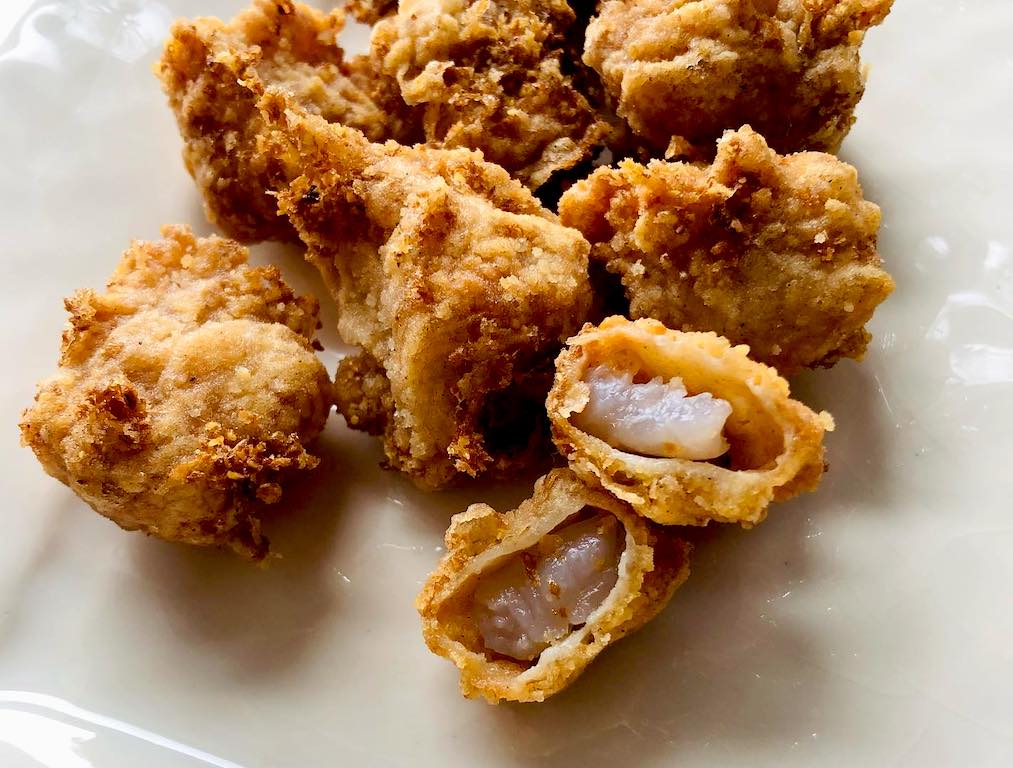
Better Dairy
British food tech Better Dairy is using precision fermentation technology to make animal-free cheese with the exact same sensorial experience as the real deal.
“Sustainably produced cheese that also has the flavor, texture and appeal of traditional cheese has been unachievable until now,” explained CEO and co-founder Jevan Nagarajah. “We are leveraging precision fermentation to bring high quality animal-free cheese to life whilst building out a rolodex of computational tools enabling them to pave a clearer path towards price-parity with traditional options.”
Stockled Dreamery
Hailing from Sweden, plant-based startup Stockeld Dreamery is using fermented peas and fava beans to make its vegan-friendly cheese and have recently launched its feta alternative, Stockeld Chunk, across Stockholm.
“So far, plant-based cheese hasn’t captured any meaningful market share, because existing products haven’t met consumer expectations in terms of price, taste, and nutrition. We are creating the world’s most ambitious cheese, which is why we’re building the world’s largest R&D team for plant-based cheese, and a brand that people care about,” commented co-founder and CEO Sorosh Tavakoli.

FUMI Ingredients
FUMI Ingredients is based in the Netherlands and is creating animal-free ingredients through fermentation, using microorganisms.
“We believe that microorganisms are an untapped source of high-value functional ingredients, which can be used to make new textures in healthy and sustainable food products,” explained CEO and co-founder Corjan van den Berg.
Noblegen
Canadian company Noblegen is creating novel sustainable proteins and ingredients using fermentation technology.
“We make nutritious food with the lowest ecological footprint for a world that desperately needs to revamp the way it grows, manufacturers and thinks about food,” said VP of commercial and corporate strategy Hugh Williams. “We do this with our breakthrough, proprietary technology that enables us to efficiently cultivate an overlooked food source called Euglena.”
Fybraworks
American startup Fybraworks is creating a clean label, healthy and nutrition-packed meat alternative using fermentation-based proteins.
“Plant-based meat alternatives are great solutions to replace animal meat consumption, but the hydrocolloid-based additives that are used in these products are not great. We are working hard to replace these additives with fermentation-based meat proteins. This will result in a cleaner labelled product with nutrition and taste that closely matches the animal meat,” commented founder and CEO Chenfeng Lu.
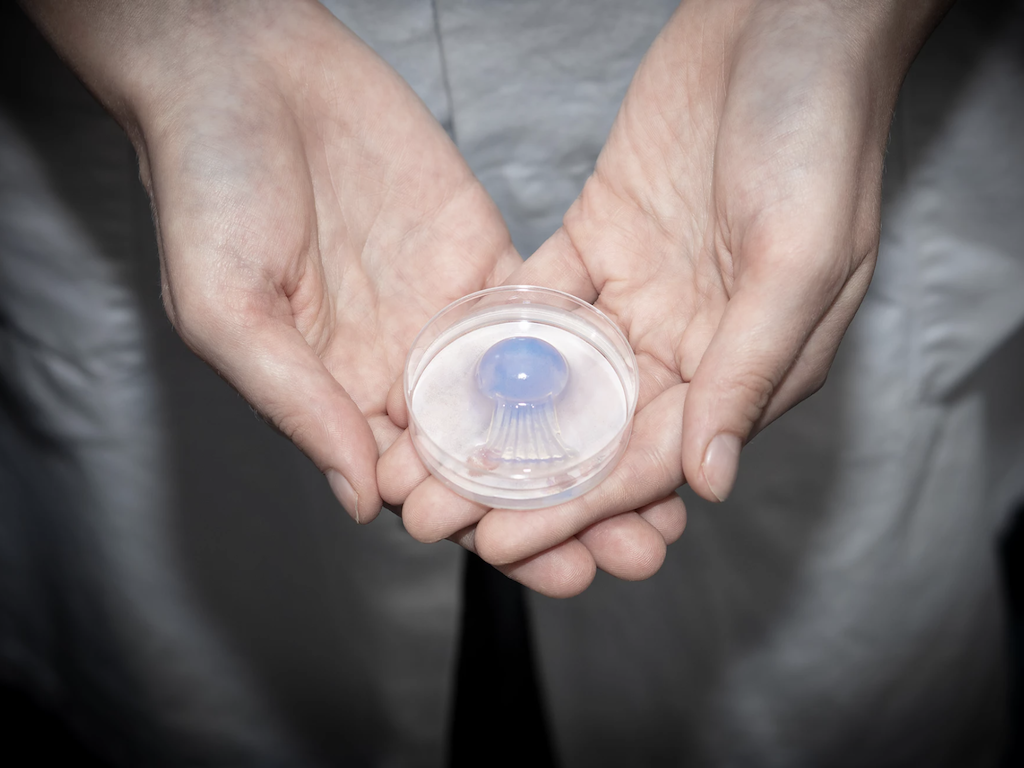
Jellatech
Jellatech is a Dutch startup set out to produce animal-free collagen and gelatin with the same functional properties as its animal-based counterparts by using cell-cultured technology.
“Currently, there are companies on similar missions to produce animal-free collagen, but their process involves fermentation technology which only produces collagen peptides,” explained co-founder and CEO Stephanie Michelsen. “We are able to produce native collagen using animal cells in a sustainable way, which allows our collagen to have its full functionality.”
Mzansi Meat
South Africa’s Mzansi Meat is the first company on the African continent to work on cell-based meat, and are looking to produce cultured meat cuts that are specifically tailored for traditional African dishes such as braai and shisanyama.
“Our team of scientists will be working together with local nguni and indigenous cattle farmers to grow their output and make meat that is healthy and accessible. We aim to be part of the solution in securing food in South Africa and the continent,” said co-founder and CEO Brett Thompson.
Because, Animals
Because, Animals is a U.S. company making sustainable pet food cultured directly from the cells of animals, and have already produced the world’s first fetal bovine serum-free (FBS) cultured meat for cats from mouse tissue.
“ By growing small-prey species of cultured meat – without the inclusion of antibiotics or growth-promoting steroids – Because, Animals is creating safer pet foods made with meat that pets in the wild would naturally eat,” shared co-founder and CEO Shannon Falconer.
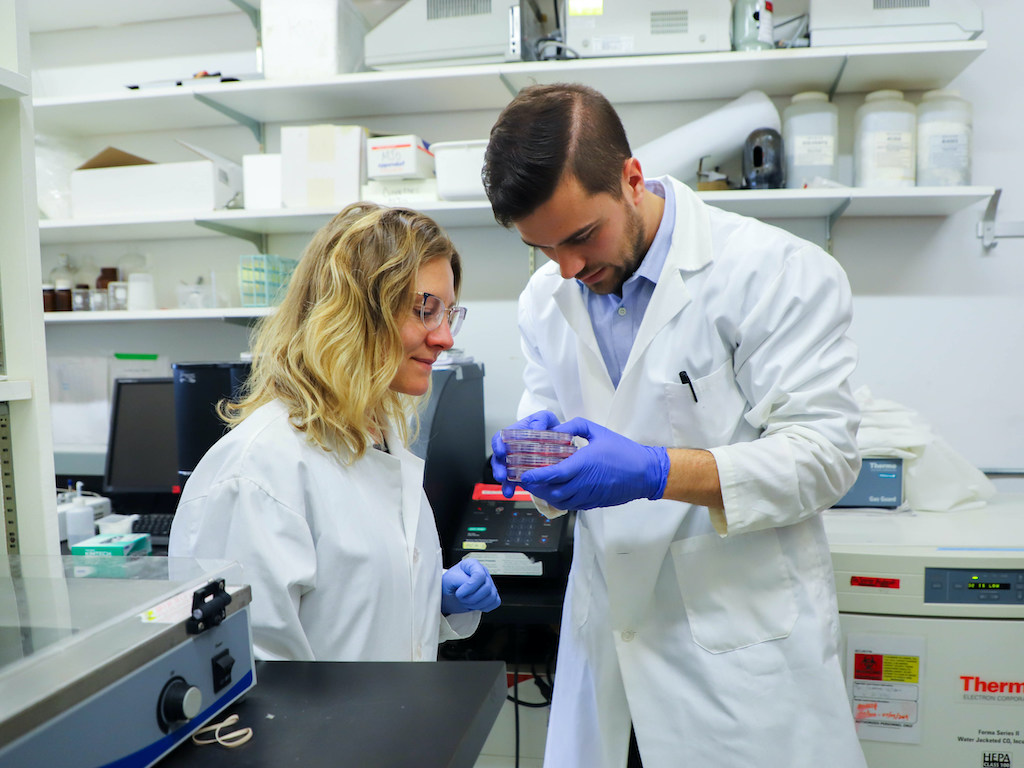
Van Heron Labs
Based in the U.S., Van Heron Labs is a biotech creating cell-based substrates and has developed a novel platform using genetic analysis that optimises metabolism for a particular organism or cell, enabling maximum growth and product output for alternative protein companies.
“We are disrupting alternative protein through one central focus: optimising cellular health. Using an innovative bioinformatics pipeline and multi-omics data, the VHL platform analyses and streamlines metabolism to produce superior growth and performance for any cell type, reducing costs and dependence on animal products,” said founder and president Rebecca Vaught.
Harmony
American food science firm Harmony is using biotech to recreate human breast milk proteins as the base of its infant formula product, which will be more sustainable and nutritious than current dairy-based formulas on the market.
“We are creating the next generation of infant formulas. Nowadays we have over 22 millions of formula allergic babies per year worldwide. Harmony produces breast milk protein-based formulas which are animal-free, allergy-free and environmentally friendly,” explained founder and CEO Del Afonso.
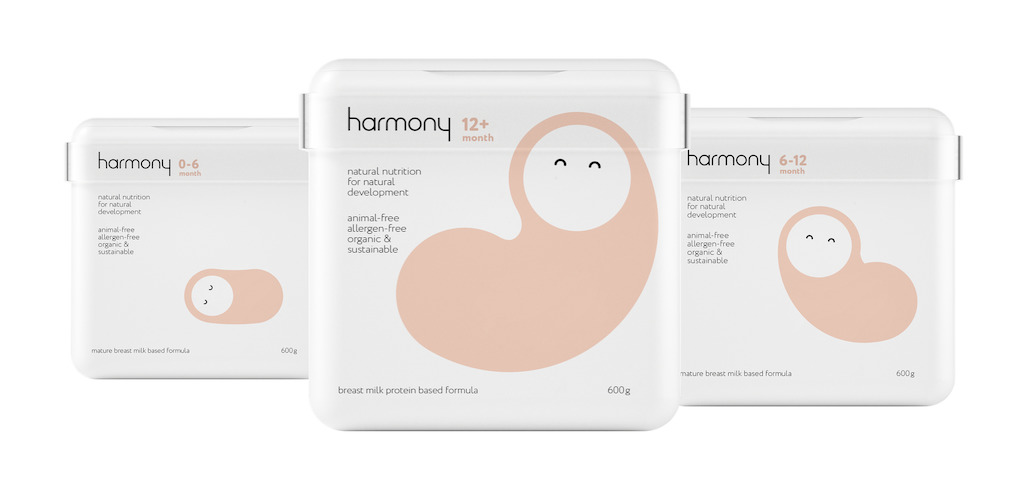
Umiami
French startup Umiami is setting out to create whole-muscle cuts of plant-based meat using its proprietary texturisation technology.
“Until now, there were only two options: dry extrusion to create minced products such as steaks or sausages, and wet extrusion to create small chicken-like pieces. However, no technology allowed to create thick fibrous whole cuts of meat,” said head of partnerships Martin Habfast. “Our unique texturisation platform allows creating thick fibrous whole-cuts in which we master both the direction and the thickness of fibers. And it is cleaner-label, too.”
Zrou
Chinese plant-based meat brand Zrou, created by YouKuai Group, is making vegan-friendly healthier-for-you meat alternatives such as pork tailored to the mainstream Chinese consumer.
“Global and Chinese consumers are more and more interested in eating healthier,” said co-founder and CEO Franklin Yao. “We have created one of the most (if not the most) clean-labeled plant-based meat product currently in the market, and we will stick to the clean label principle in future product development.”
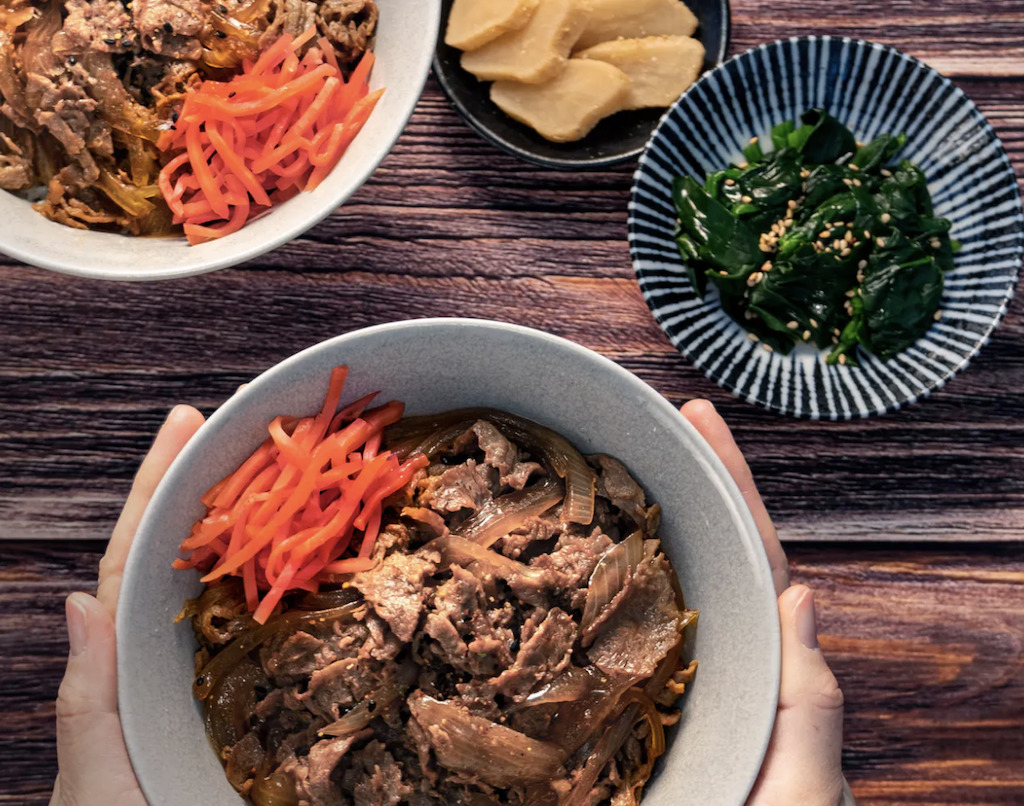
Next Meats
Japanese startup Next Meats has developed the world’s first vegan yakiniku barbecue beef and even bagged a partnership with IKEA Japan and a number of restaurants across the country to use its plant-based meats that are designed for Japanese dishes.
“Japan has a rich history of plant-based cuisine, but we’re underrepresented in the global alt-meat space. Using our authentic Japanese flavors and unique production know-how to simulate realistic, meat-like textures, we hope to bring our culinary expertise to the forefront of this emerging market,” commented CMO Saaya Matsukubo.
Planted
Planted, a vegan meat startup in Switzerland, is using natural plant-based ingredients such as peas, oats and even upcycled sunflowers to develop its range of meat alternatives like pulled pork and chicken.
“We turn very few and natural ingredients into delicious meats from plants. Operating our own production and research facilities, we’re passionate and ambitious to create the tastiest innovations at speed and scale,” shared co-founder Lukas Böni.
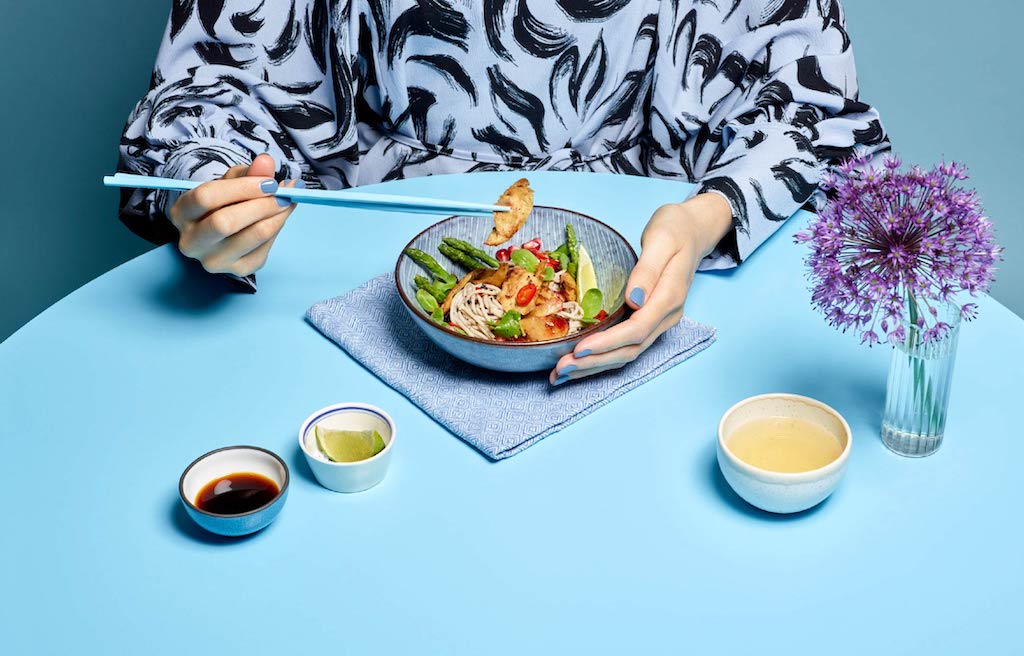
NotCo
Perhaps the most famous Chilean food tech, NotCo, is a startup tackling all animal products – eggs, dairy and meat – and uses its patented AI-driven technology to figure out the best plant-based ingredient formulation to create its analogues.
“We are the only global company that has generated a paradigm shift in the mass consumption food industry, simultaneously breaking into plant-based products in categories such as dairy, eggs and meat,” commented food science and technology team leader Sofia Yasky. “Our application solves a current problem in an innovative way, bringing plant-based products closer to animal-based products in terms of the whole consumer experience.”
Kuleana
U.S. food tech Kuleana is creating sushi-grade plant-based fish analogues, from bluefin tuna to salmon, using ingredients like algae, pea protein and plant fibres.
“We are currently patenting biotechnology approaches for creating unprocessed formats of meat. It is based on enzymatic processes that replicate the appearance and nutritional profile of raw unprocessed fish. Our technology is cost-effective and GRAS so we’ve a faster route to market compared to most processes using recombinant proteins or cell-based technology,” said co-founder and CEO Jacek Prus.
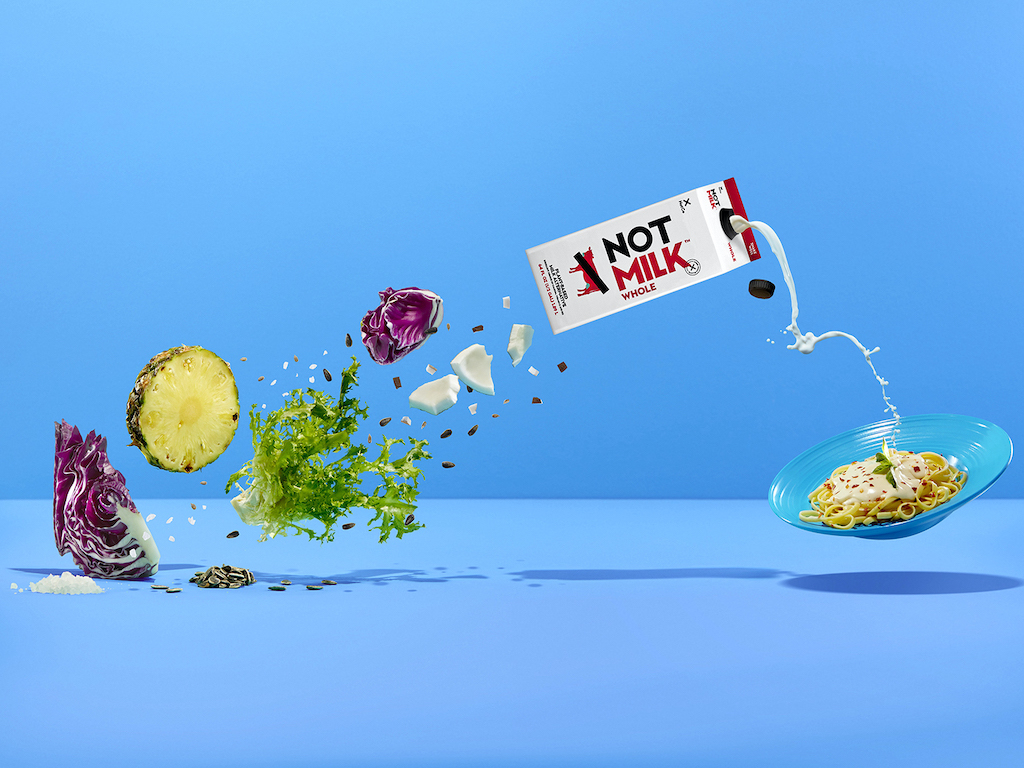
Nutriati
Nutriati is a plant-based ingredients company based in the U.S., innovating processing technology to help diversify the range of plant protein sources for alternative protein producers.
“The demand for alternative proteins has never been higher, but the market relies primarily on soybeans and yellow peas,” explained CEO Michael Todd. “Brands have had to rely on what is commercially scaled instead of what is best in terms of taste, texture, or sustainability. The next era of alternative proteins needs new performance options for brands.”
P&M Foods
Chilean startup P&M Foods is creating plant-based ingredients that have a balanced nutritional content while performing highly on taste and flavour.
“Our technology lets us mask vegetal origin ingredients’ flavours that may not be appealing or present textures that are not attractive to some consumers. We use vegetal ingredients that pose a demonstrated positive effect on human health without sacrificing the great experience of eating,” said CEO and co-founder Manuel Palma Astudillo.
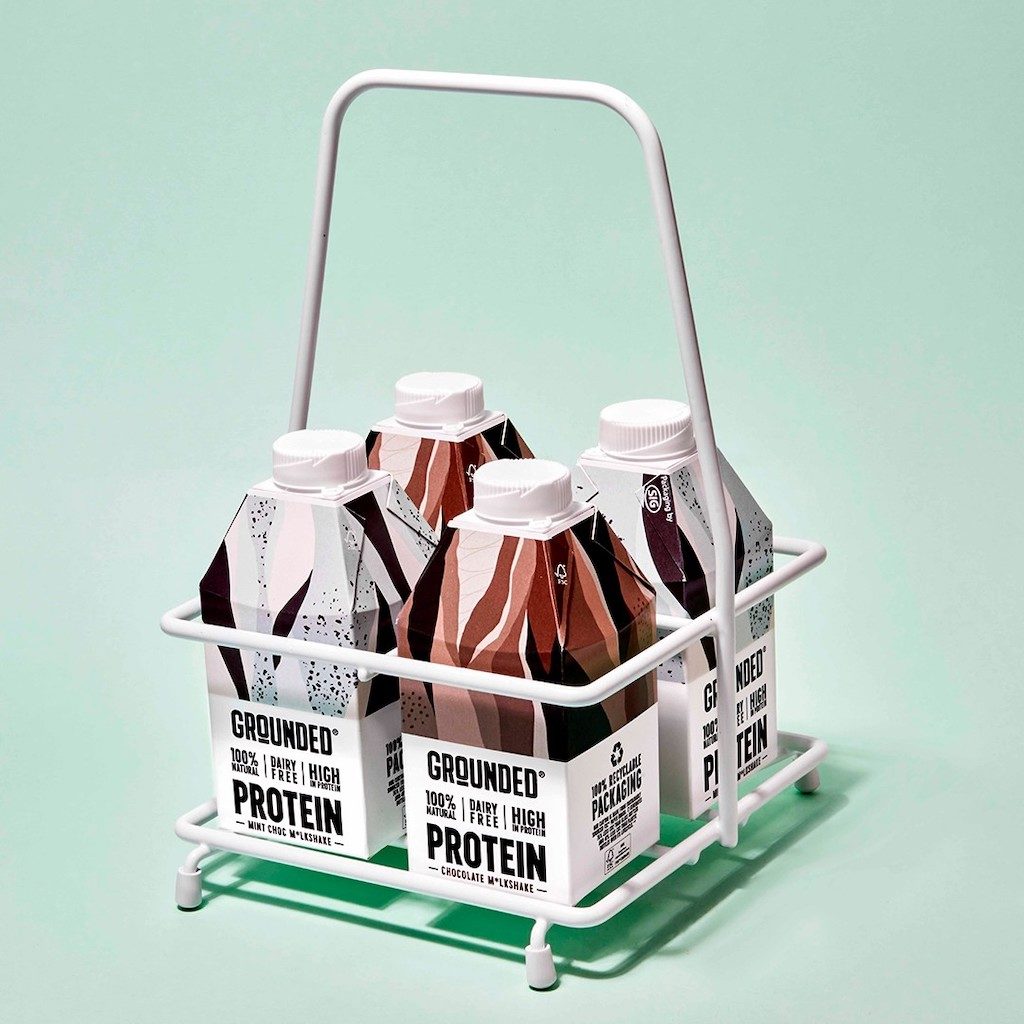
Grounded
British brand Grounded is creating a completely natural plant-based protein milkshake with a sunflower seed and pea protein base and is clean labelled, free from synthetics and packaged sustainably in paper-based cartons.
“We’ve made a totally natural protein shake, entirely from plants and with absolutely no rubbish in it. Our packaging is also made from plants. In a category riddled with synthetic ingredients, our shakes stand out as the cleanest available protein shakes on the market,” detailed founder Gabriel Bean.
Dahlicious
U.S. startup Dahlicious is using slow culturing technology to create their range of probiotic-filled plant-based dairy yoghurts made from oats, coconuts and almonds.
“Dahlicious leverages a centuries-old tradition of “slow-culturing,” meaning our yogurts are cooked at a lower temperature for a longer period, creating the most luxurious creamy texture and a high level of probiotics,” said CEO Pamela Goldberg.
Lead image courtesy of Kuleana.

